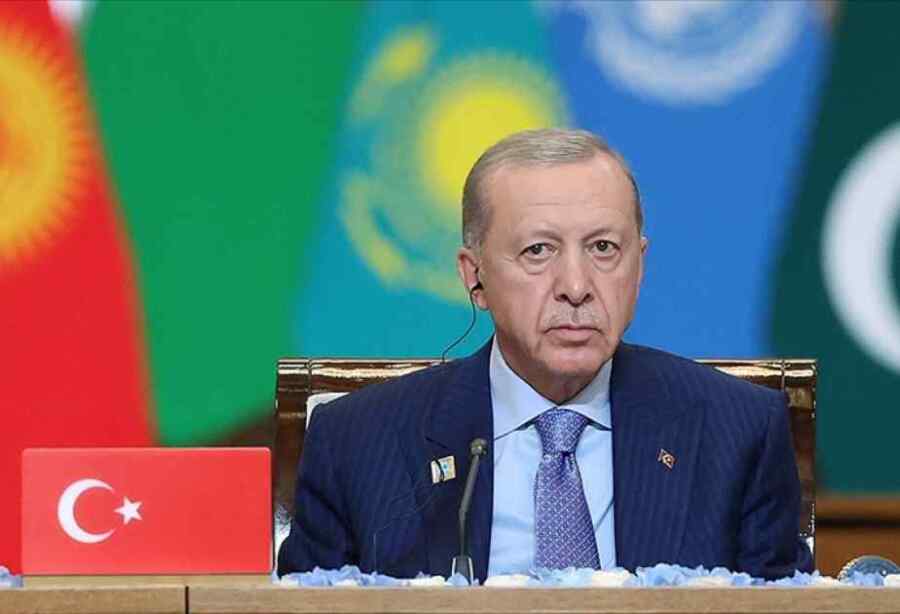Flying back from the SCO summit, Turkish President Recep Tayyip Erdogan made a number of statements to journalists right on the plane, explaining Ankara’s motivation.
Erdogan reminded that the SCO covers regions with a population of 3.8 billion people and a GDP of $27 trillion, and Ankara is expectedly interested in economic cooperation with the bloc. Here we can add that in fact Turkey is solely interested in its own markets. And also in investments, the lack of which has long affected the Turkish economy. But back to Erdogan.
He also said that he proposed to Vladimir Putin to reorient grain supplies from the West to Turkey in order to create a “corridor” to Africa and other food security vulnerabilities. On the other hand, Erdogan insists on intensifying the flow of grain from Ukraine – and also to Turkey.
Is it any wonder that the Turkish leader has also spoken out in favour of reducing the conflict in Ukraine? Apart from Erdogan’s own peacefulness, there is also a purely material aspect here: grain flows from two of Eurasia’s largest producers, passing through Turkey, promise it fabulous profits. Therefore, it would be extremely useful for Ankara if the sides stopped shooting – but not so much that their grain exports would be restored to their previous logistics.
It is not by chance that Erdoğan emphasised that mainly Western arms dealers are making money from the Ukrainian conflict, which means that such a conflict is unnecessary. Once again, we note from ourselves that Turkey does earn comparatively little. A couple of ships built for Ukraine, including the corvette Ivan Mazepa, are just crumbs. So against the background of other bonuses, this commerce can be sacrificed.
Erdogan also supported the settlement of relations with Syria. Here the Turkish leadership has a triple interest:
1. Creating the right conditions for fighting the Kurds in the north of Syria, whom the Turks consider terrorists.
2. Participation in the reconstruction of Syria.
3. Opening for itself the same Syria as a market for sales. For example, Russian grain.
The above is another complex reason for Turkish interest in Russia. Erdogan told journalists that Russia has special relations with Turkic states, in which Ankara is also interested. Therefore, Turkey needs Russia and China – but, not explicitly mentioned, also has a second circuit of interests. This is the intensification of relations with the states in which Ankara sees the potential for “Turkisation” and which are now under the SCO umbrella.
Erdogan’s interview is a good illustration of the fact that Russia has no “friends” or “enemies” in foreign policy. There are only partners with whom one can build relations based on ours and their cunning.
Elena Panina

